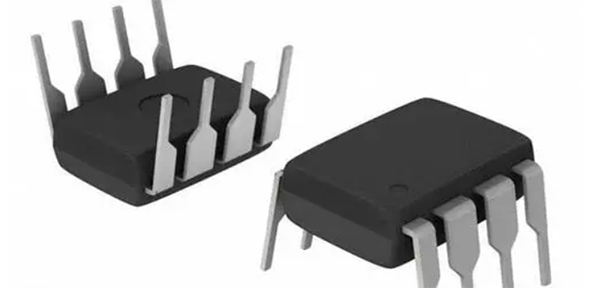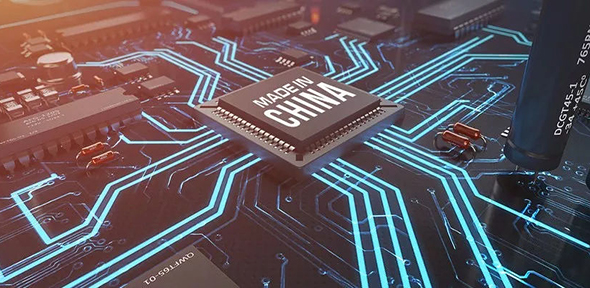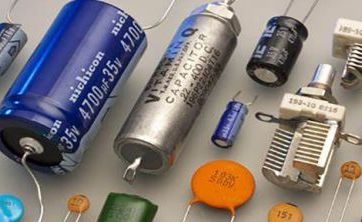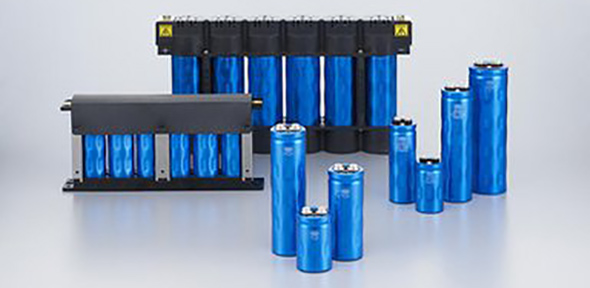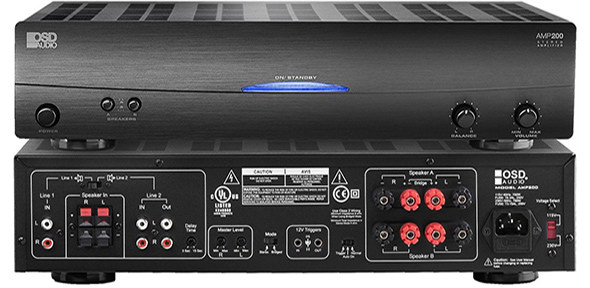How long do capacitors last?
Capacitors are one of the most important electronic components used in a variety of applications ranging from power electronics to consumer products. They are commonly used in power supplies, electric motors, audio amplifiers, and other electronic circuits. Capacitors are designed to store electrical energy in an electric field, and they can last for a long time if they are properly designed, installed, and maintained. In this essay, we will explore the following topics:
1. How long do capacitors last?
The lifespan of a capacitor depends on many factors including the type of capacitor, the operating conditions, and the quality of components. Typically, electrolytic capacitors can last between 1000 and 2000 hours, while ceramic capacitors can last up to 10,000 hours. However, the lifespan of a capacitor can vary depending on the manufacturer, the voltage rating, and the temperature conditions. If a capacitor is operated beyond its rated voltage or temperature, it can malfunction or fail prematurely. Over time, the internal materials of a capacitor can deteriorate, leading to a decrease in capacitance or an increase in leakage current, which can cause malfunction or failure. Therefore, it is important to choose the right type of capacitor for the application, and to follow the manufacturer’s recommended guidelines for installation and usage.
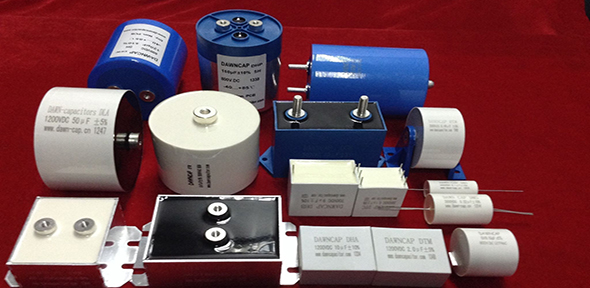
2. What are the differences in Florida, Texas, Arizona, etc.?
The lifespan of a capacitor can be affected by the environmental conditions in which it is used. In Florida, for example, the high humidity and salt air can cause corrosion and degradation of electronic components. Similarly, in Texas and Arizona, the high temperatures and dusty conditions can pose a challenge for electronic equipment. Therefore, it is important to choose capacitors that are designed to withstand these conditions, such as those with high temperature ratings, low ESR (Equivalent Series Resistance), and ruggedized construction. Additionally, proper ventilation and cooling systems can help to reduce the temperature and increase the lifespan of capacitors.
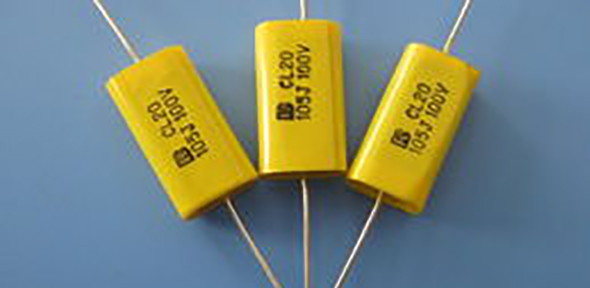
3. Factors that affect the life of a capacitor and how to improve the life span of these three areas respectively.
The lifespan of a capacitor can be affected by many factors, including:
- Operating temperature: Capacitors are designed to operate within a specified range of temperatures. If the temperature exceeds this range, the lifespan of the capacitor can be significantly reduced.
- Voltage rating: If a capacitor is operated beyond its rated voltage, it can result in the breakdown of the dielectric material, leading to malfunction or failure.
- Humidity and moisture: High humidity and moisture can cause corrosion and leakage in electronic components.
- Mechanical stress: Vibrations, shocks, and mechanical stress can cause damage to the capacitors.
To improve the lifespan of capacitors in Florida, it is important to choose capacitors with proper protective coatings and to avoid exposing them to high humidity and salt air. Similarly, in Texas and Arizona, capacitors with high temperature ratings and ruggedized construction can improve their lifespan in dusty and hot conditions. In addition, proper ventilation, cooling systems, and good quality power can also help to improve the lifespan of capacitors.
In conclusion, capacitors are critical electronic components in a wide range of applications, and their lifespan depends on various factors, including the type of capacitor, the operating conditions, and the quality of components. Choosing the right type of capacitor for the application, following the manufacturer’s guidelines, protecting capacitors from harsh environmental conditions, and providing proper ventilation and cooling can help to improve the lifespan of capacitors in different regions. As capacitor technology continues to advance, we can expect to see longer-lasting and more efficient capacitors in the future.
